Kubachi: Preserving ancient crafts in Russia’s North Caucasus
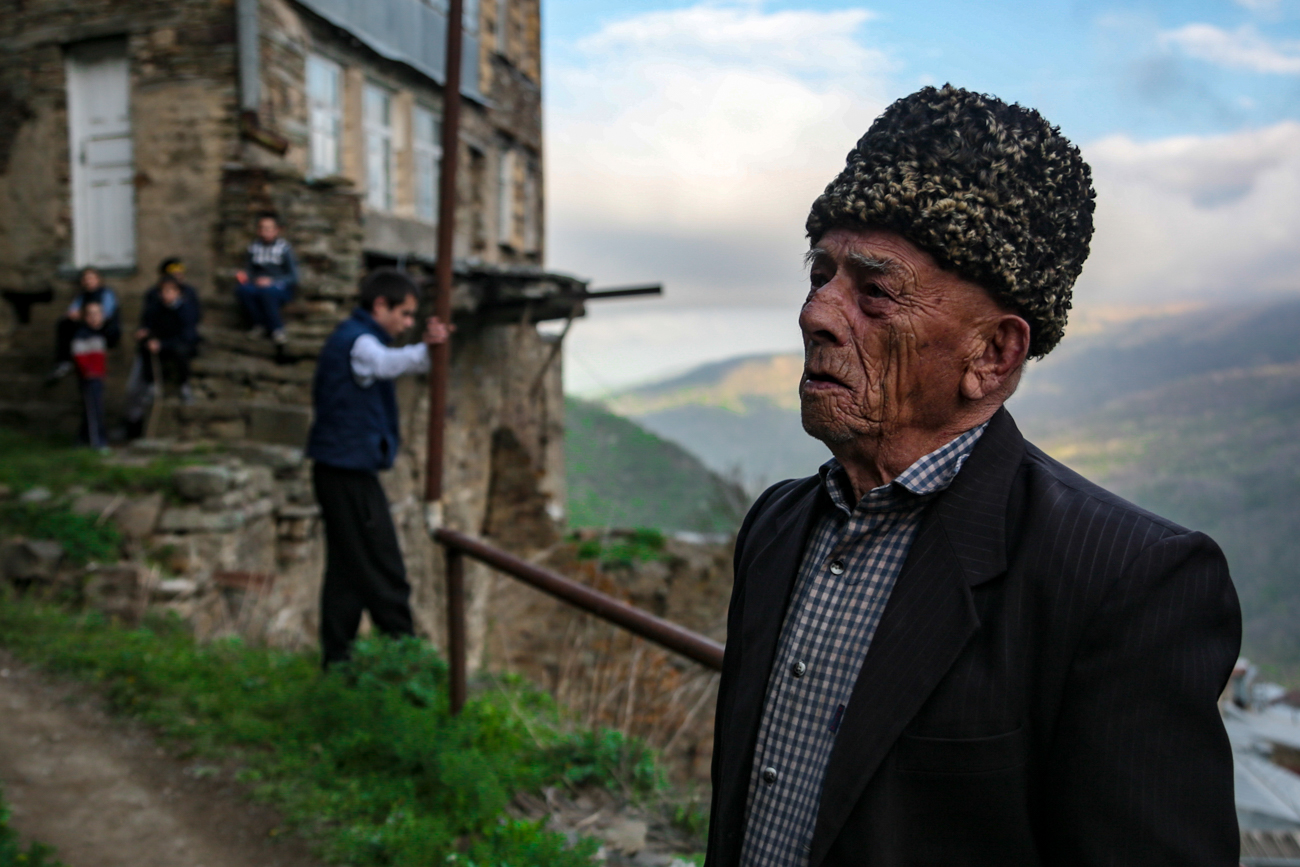
A part of Russia’s internal republic of Dagestan, Kubachi is the only settlement located in the mountainous part of the republic, standing at 1,750 meters above sea level.
Yevgeny Kurskov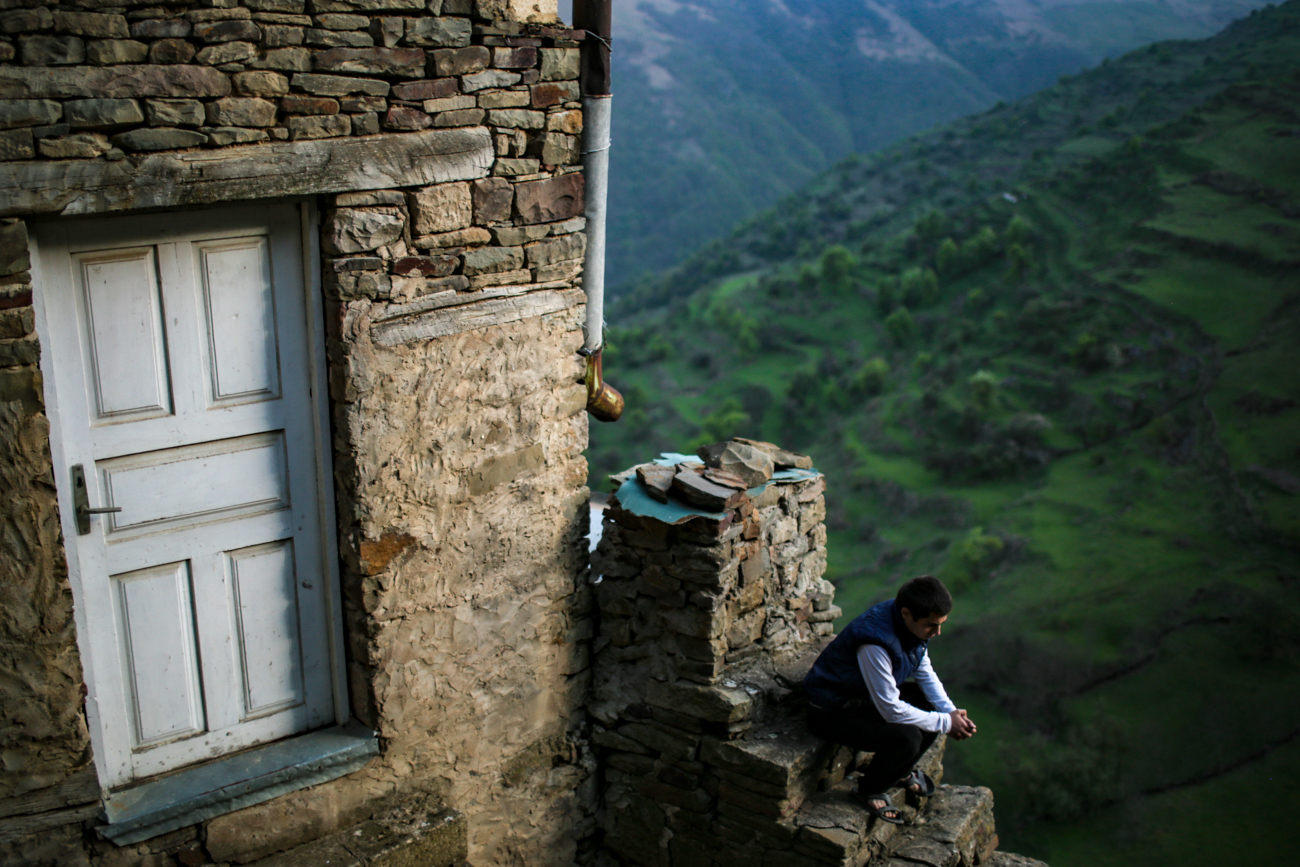
Since Russia is so vast, few get to know about the daily lives of people in the most remote locations of the country.
Yevgeny Kurskov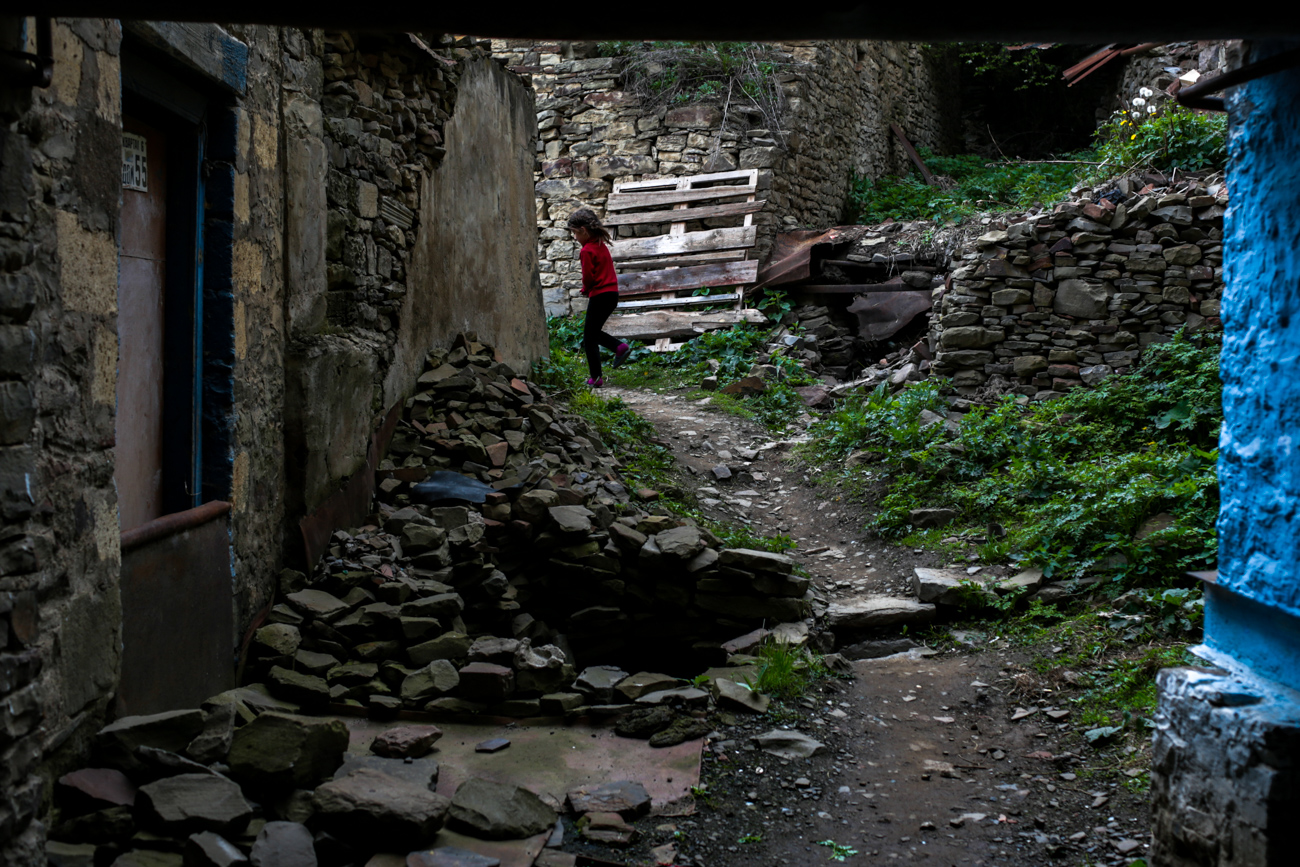
One such isolated place is the settlement of Kubachi in Russia’s North Caucasus – a territory that has faced its share of political rivalries and military clashes.
Yevgeny Kurskov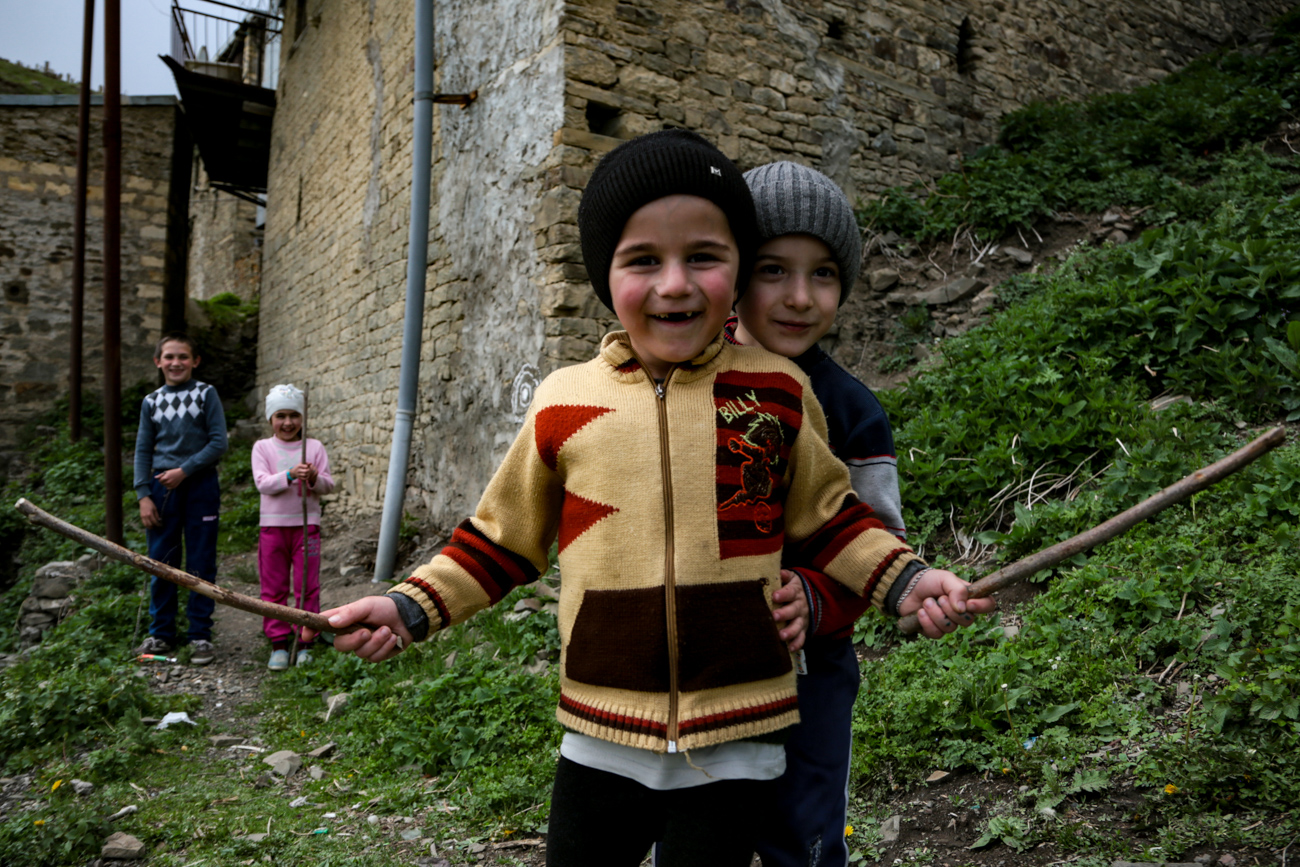
According to Russia’s federal statistics, in 2016 only 3,034 people lived there.
Yevgeny Kurskov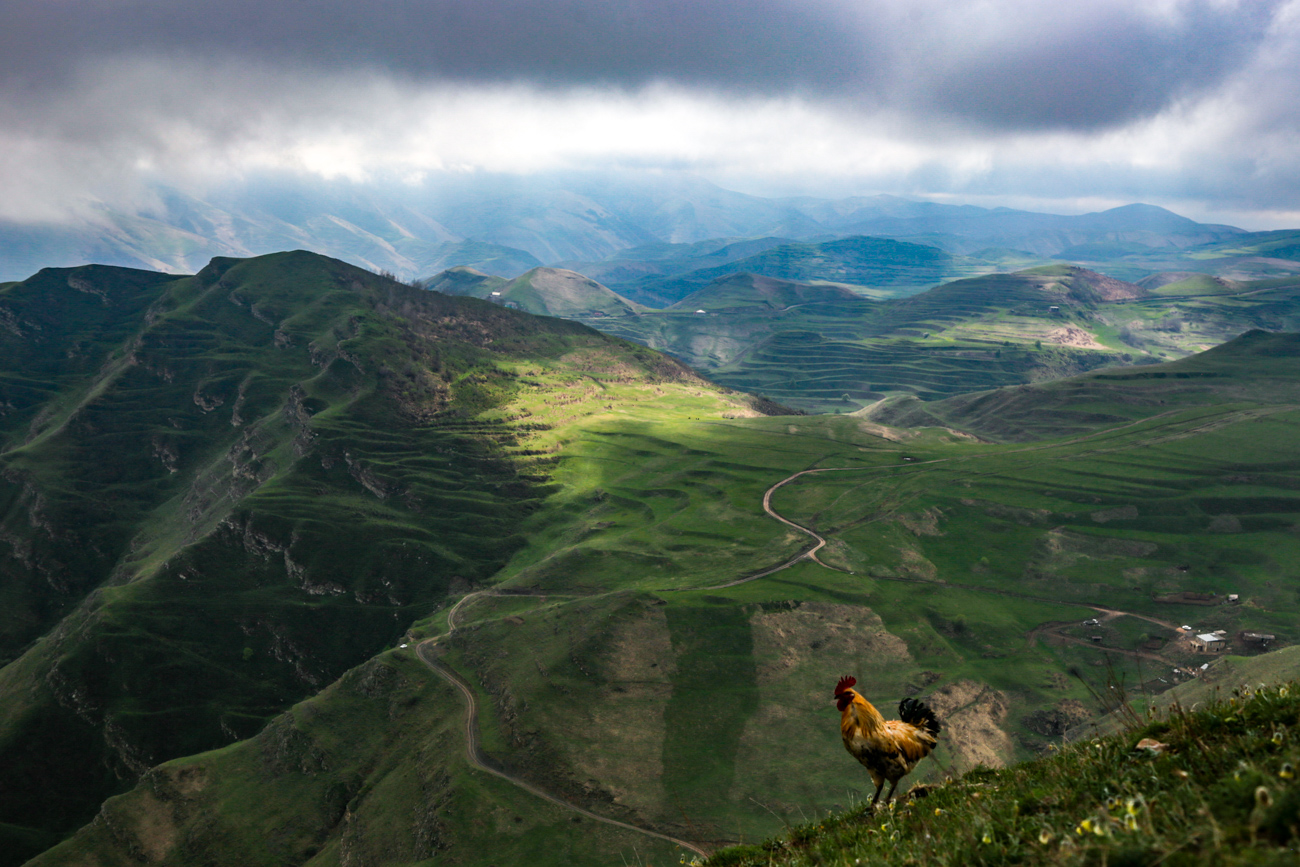
First mentioned in Persian chronicles in the 4th century, Kubachi used to be one of the largest centers of traditional wood, metal, and stonework.
Yevgeny Kurskov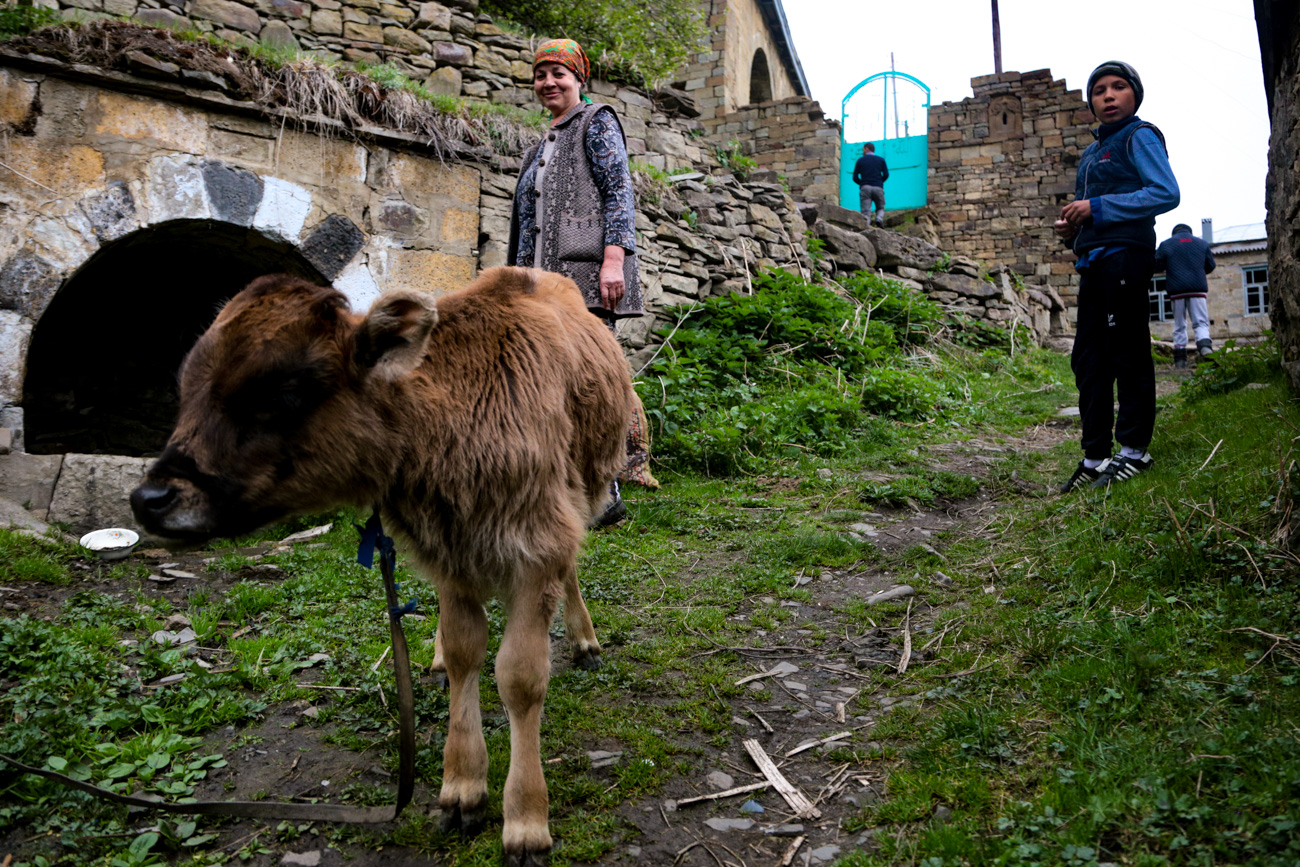
In the 7th century weapons, chain armor, jewelry and other objects made by artisans from Kubachi were in demand in Transcaucasia and the Middle East.
Yevgeny Kurskov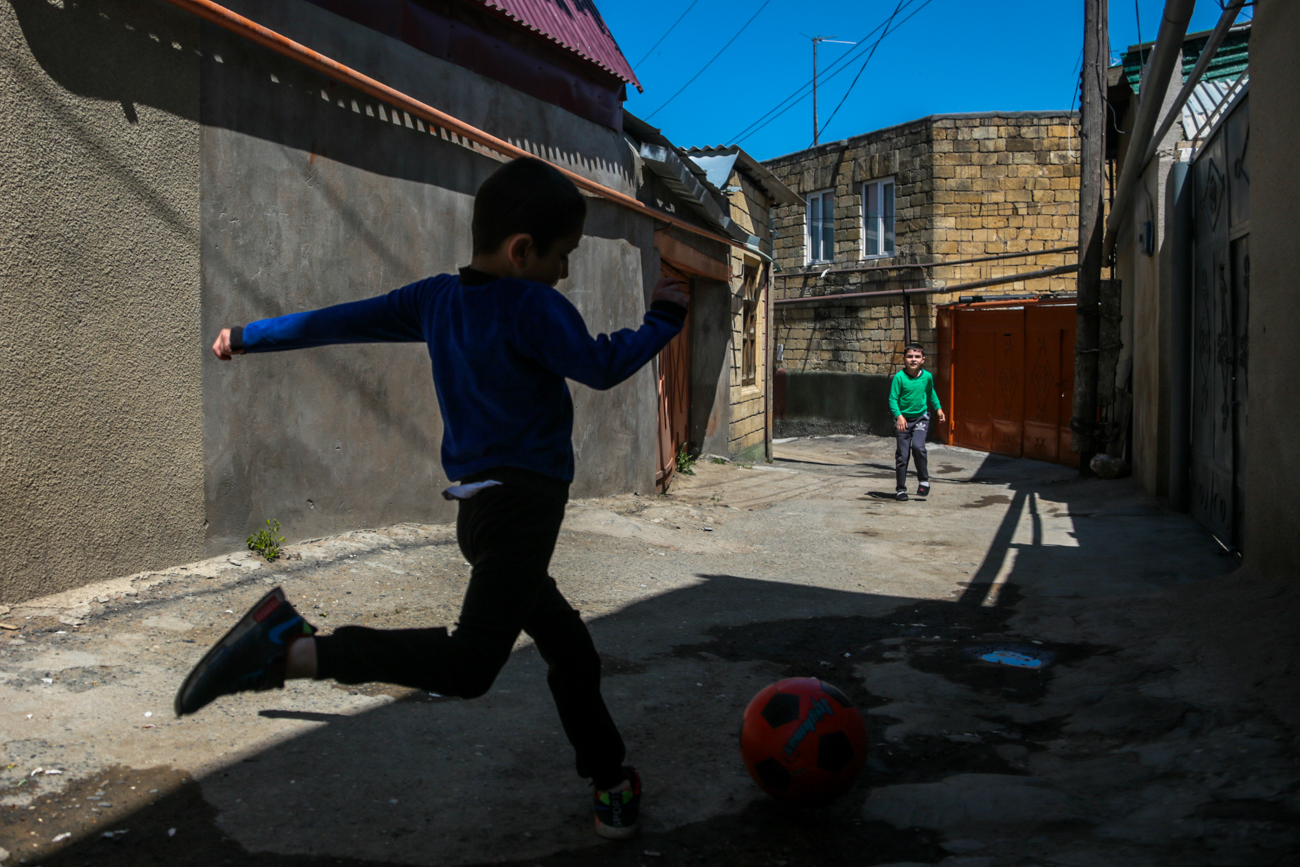
This mountain settlement still lives on traditional crafts. Although crafts provide the main source of income for many families, revenues are not high.
Yevgeny Kurskov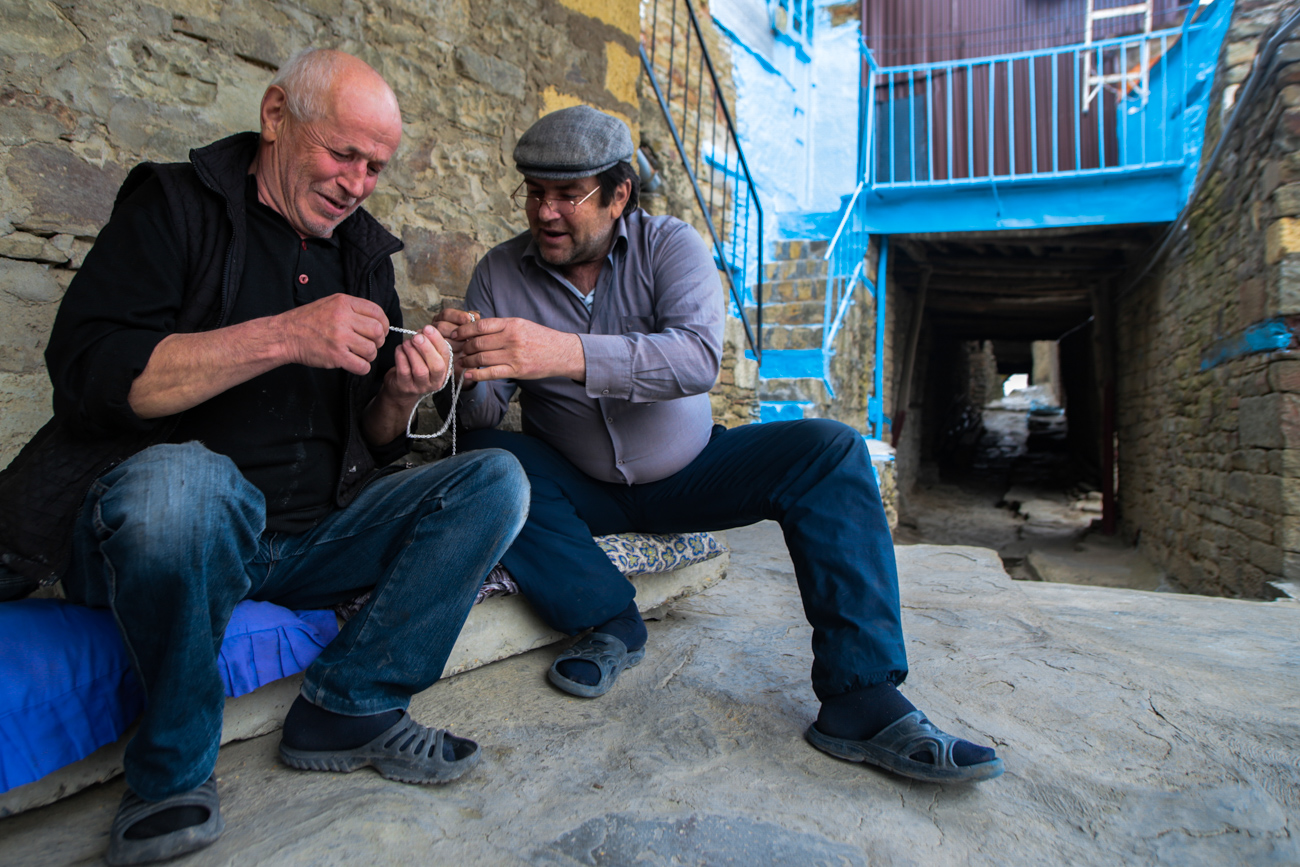
Many people combine craftwork with another job in the settlement. For instance, a gas station employee may take his crafts to the job and work on them when there is free time.
Yevgeny Kurskov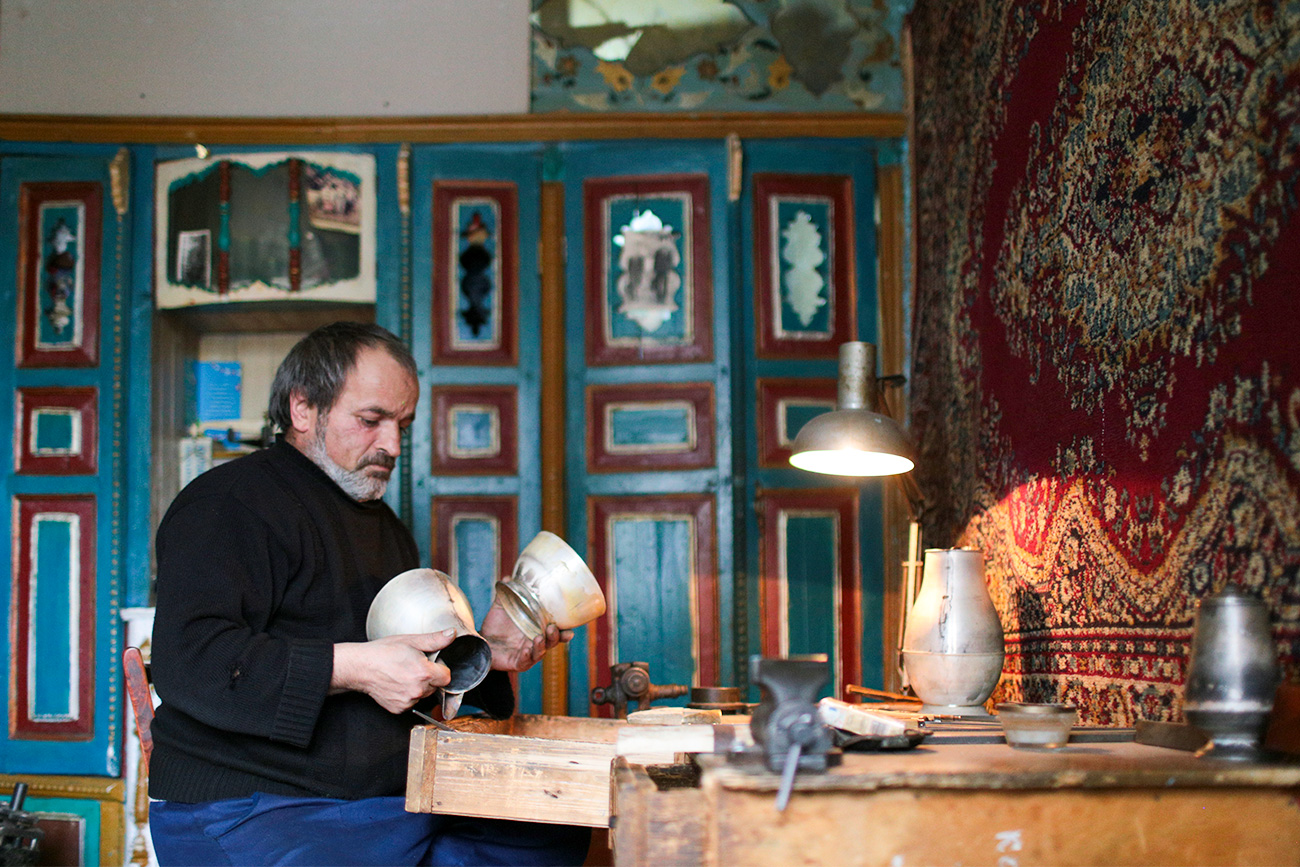
The goods produced by Kubachi craftsmen are popular across Dagestan and neighboring regions.
Yevgeny Kurskov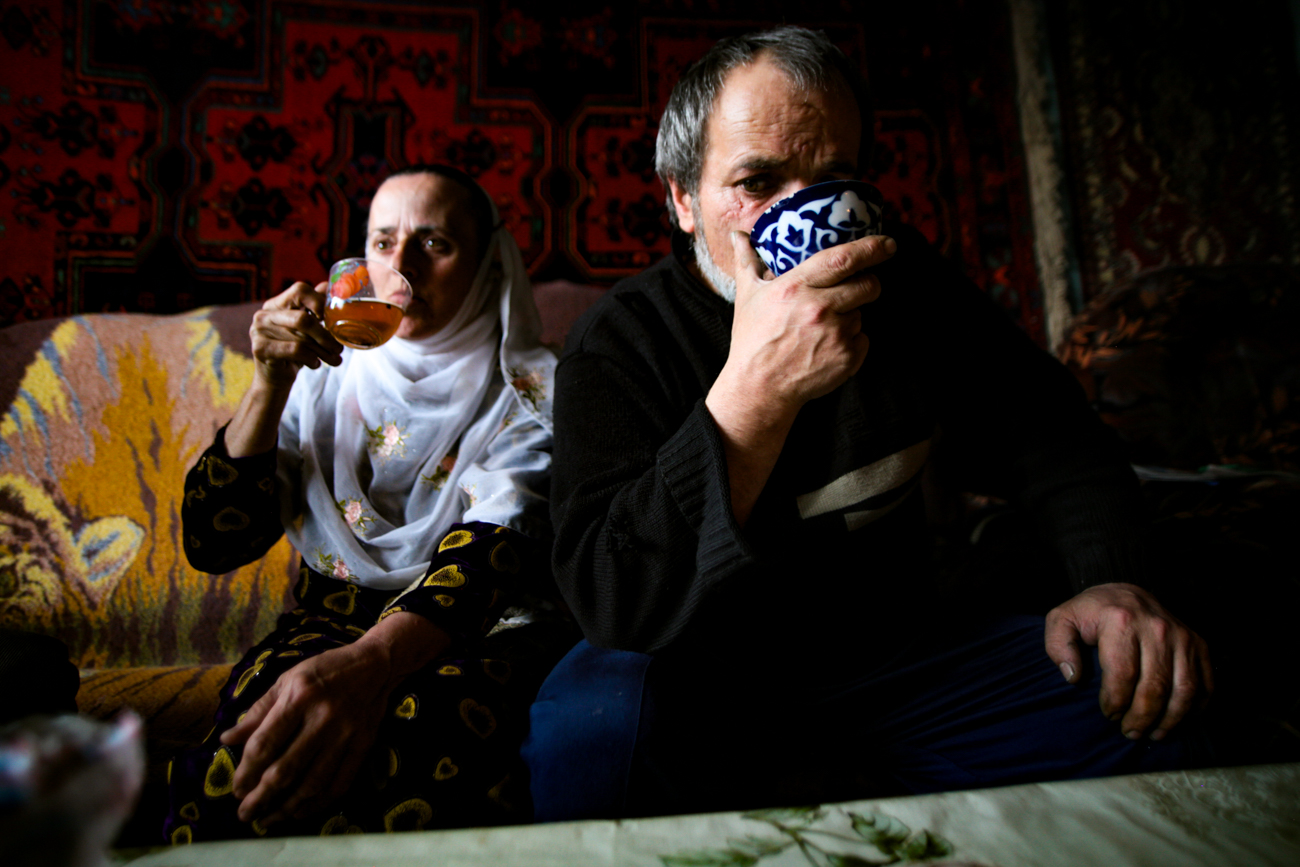
There are also online shops offering table silver, souvenirs, jewelry, weapons, and watches – all made in Kubachi.
Yevgeny Kurskov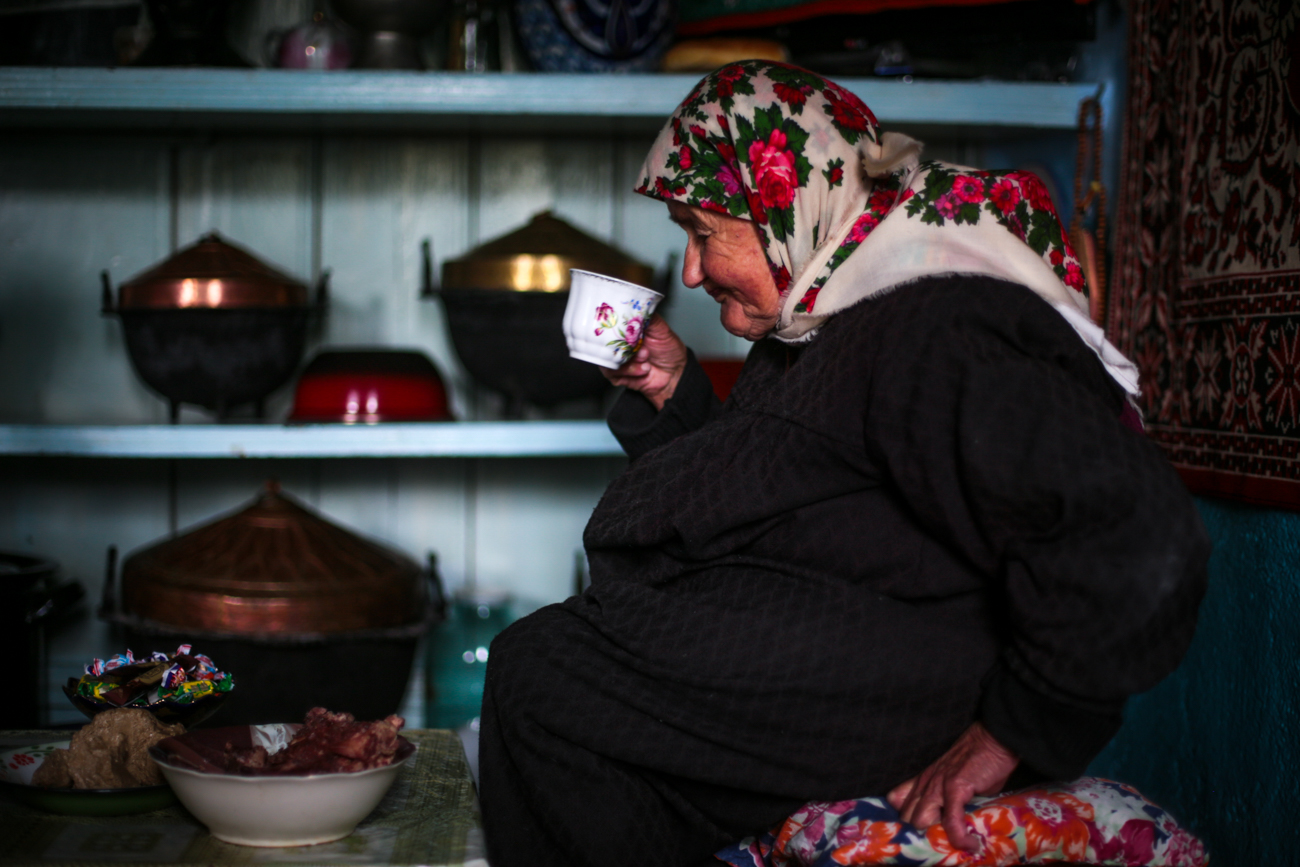
The aesthetics and traditions of the Kubachi craftsmen persist because members of the younger generation are not eager to leave the village.
Yevgeny Kurskov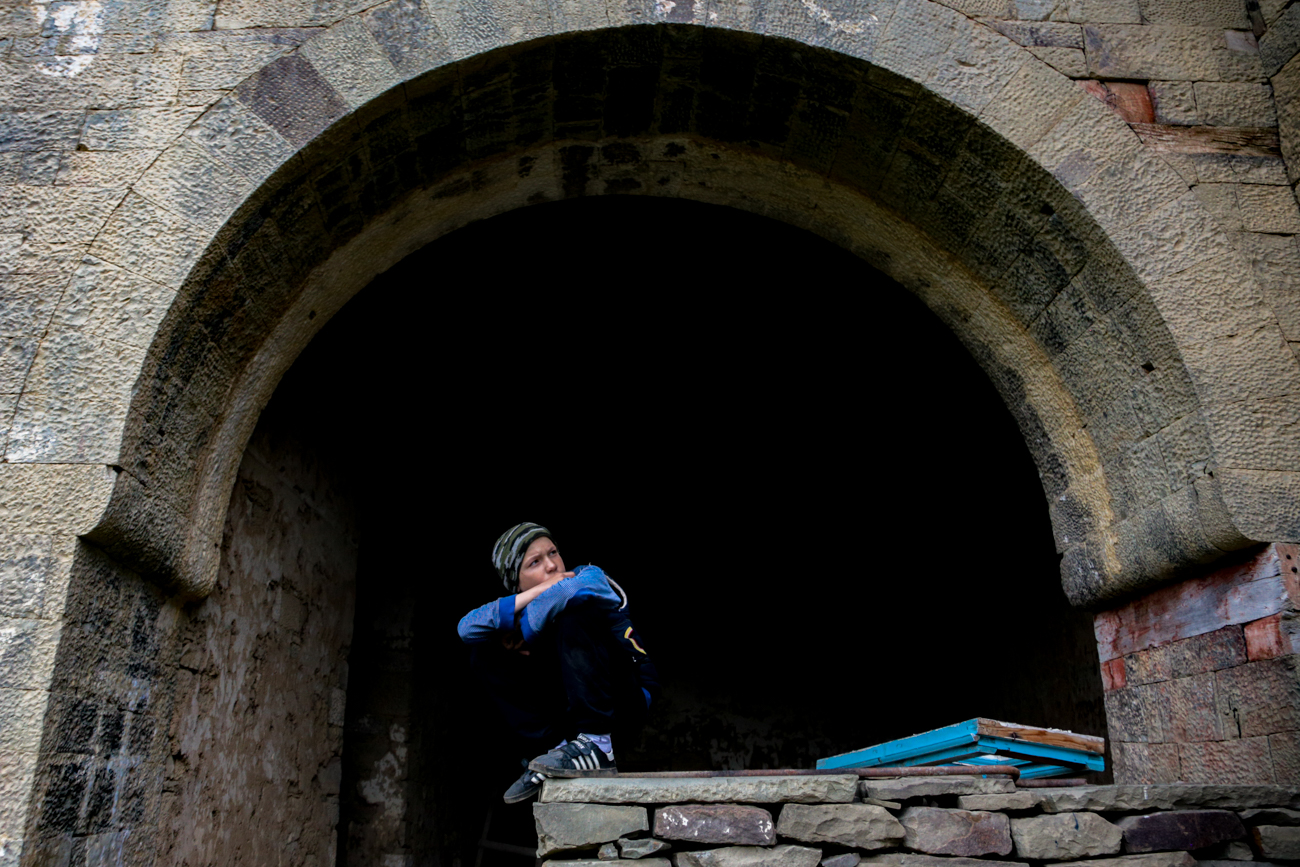
The youth readily learn from their parents and relatives. They consider going to bigger cities only for higher education, with the majority returning to Kubachi after graduation.
Yevgeny Kurskov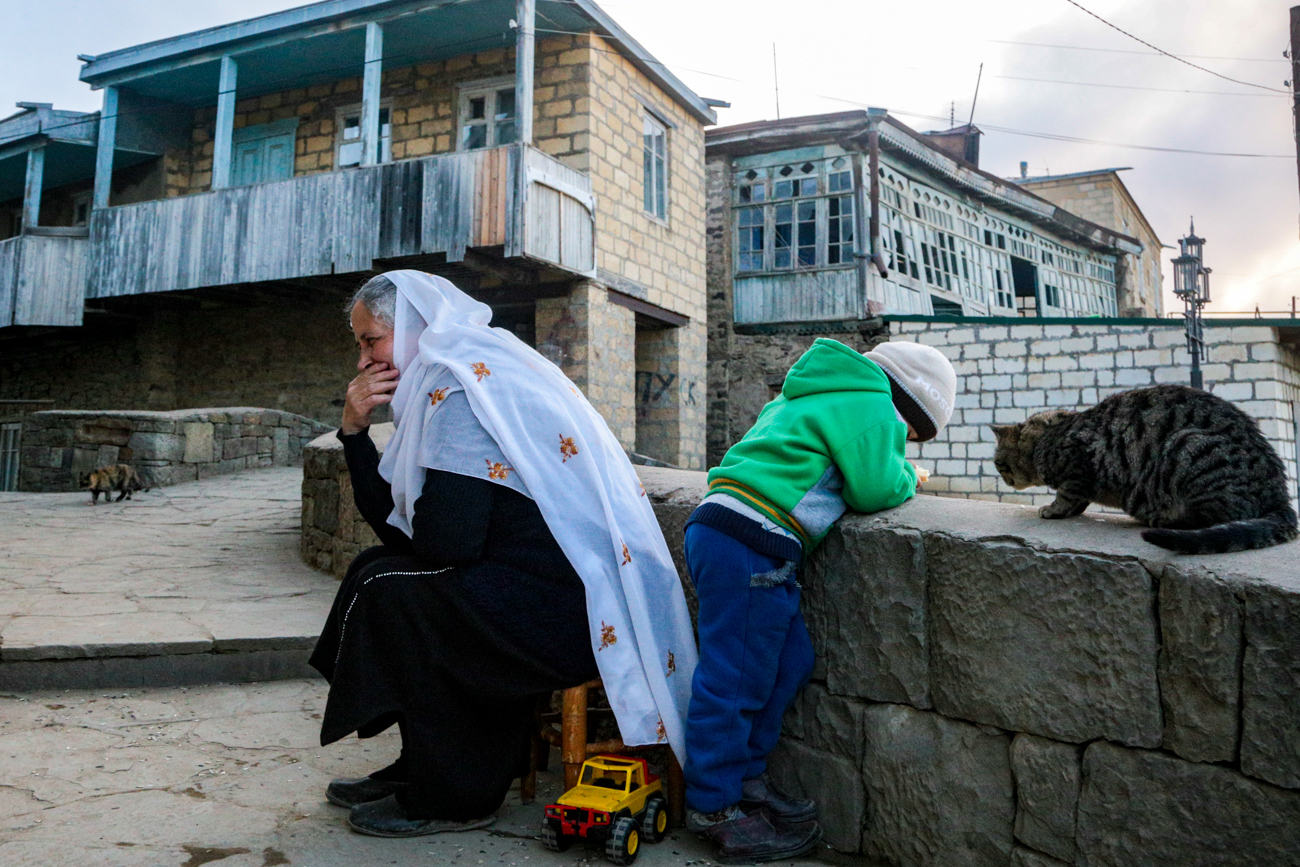
Usually the women in Kubachi are not involved in heavy craftwork, but their lives are not just confined to traditional housekeeping duties. For instance, they can combine their daily activities with knitting woolen socks with traditional patterns.
Yevgeny Kurskov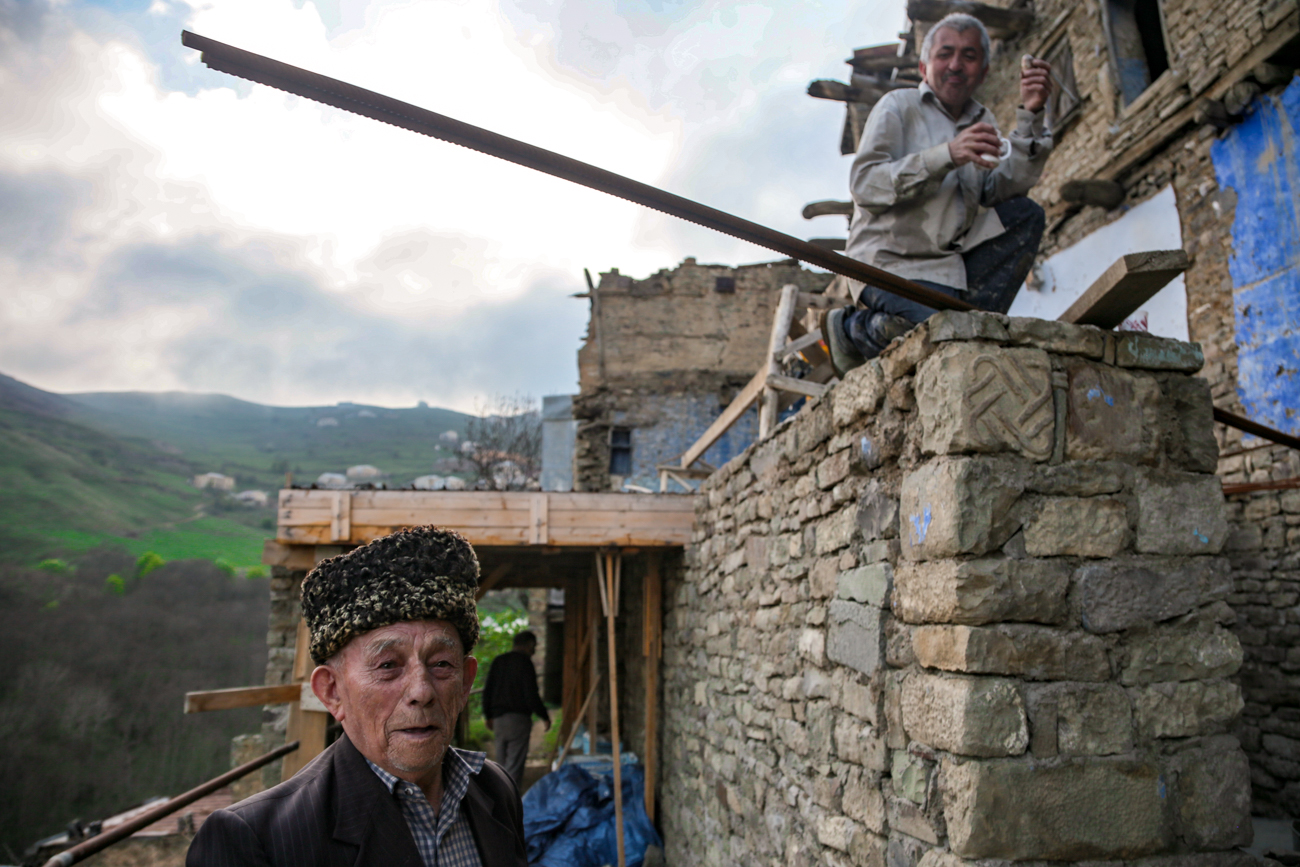
The local Kubachi language is part of the Dargwa group (Northeast Caucasian family), but is quite different from the dialects and languages spoken in neighboring villages, making it hard for neighbors to understand each other. Being a part of Dagestan, the most multiethnic internal republic of Russia, the Kubachi people also speak Russian.
Yevgeny Kurskov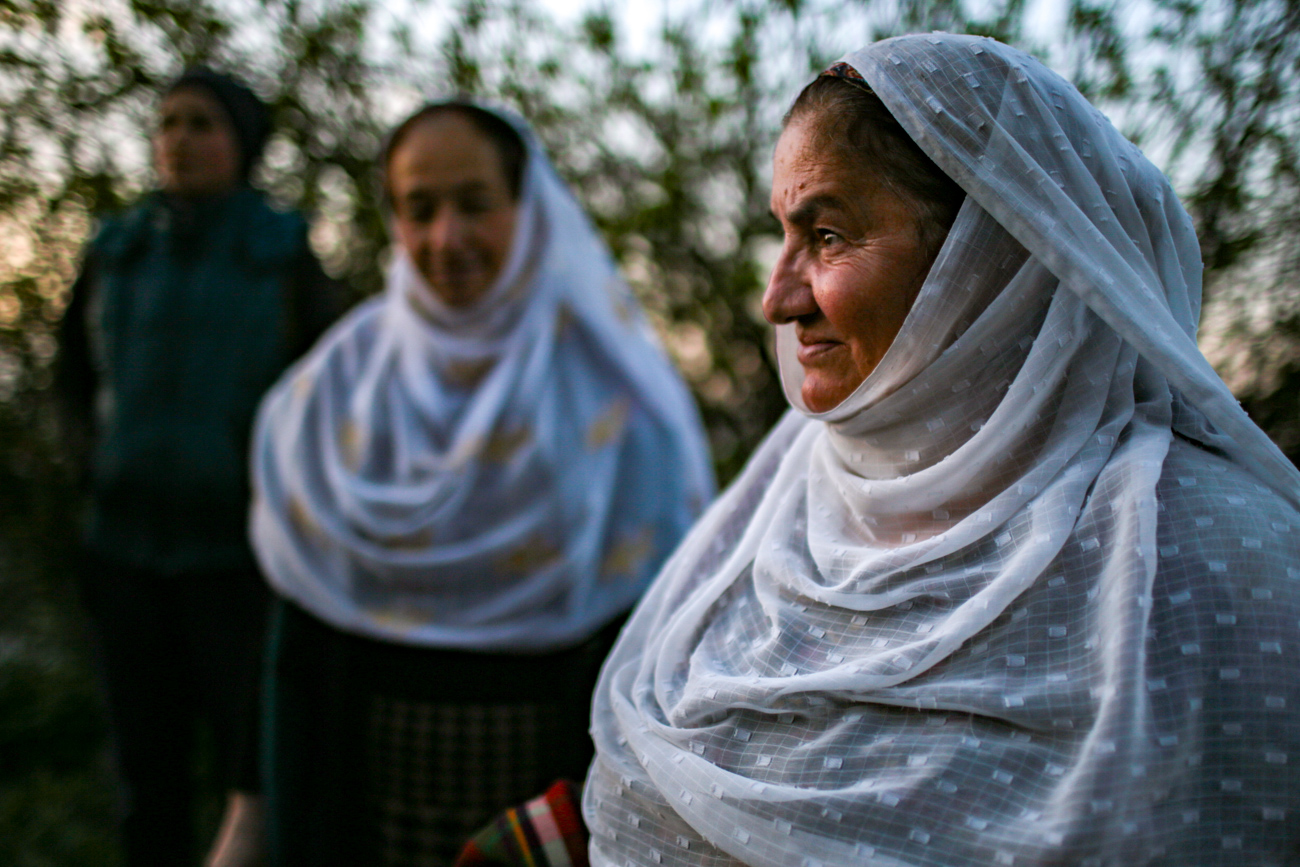
After a difficult period in the history of the North Caucasus, local residents now largely support the Russian ruling elite. Across Dagestan people support Moscow because they are afraid of changes and the possibility of another war breaking out.
Yevgeny Kurskov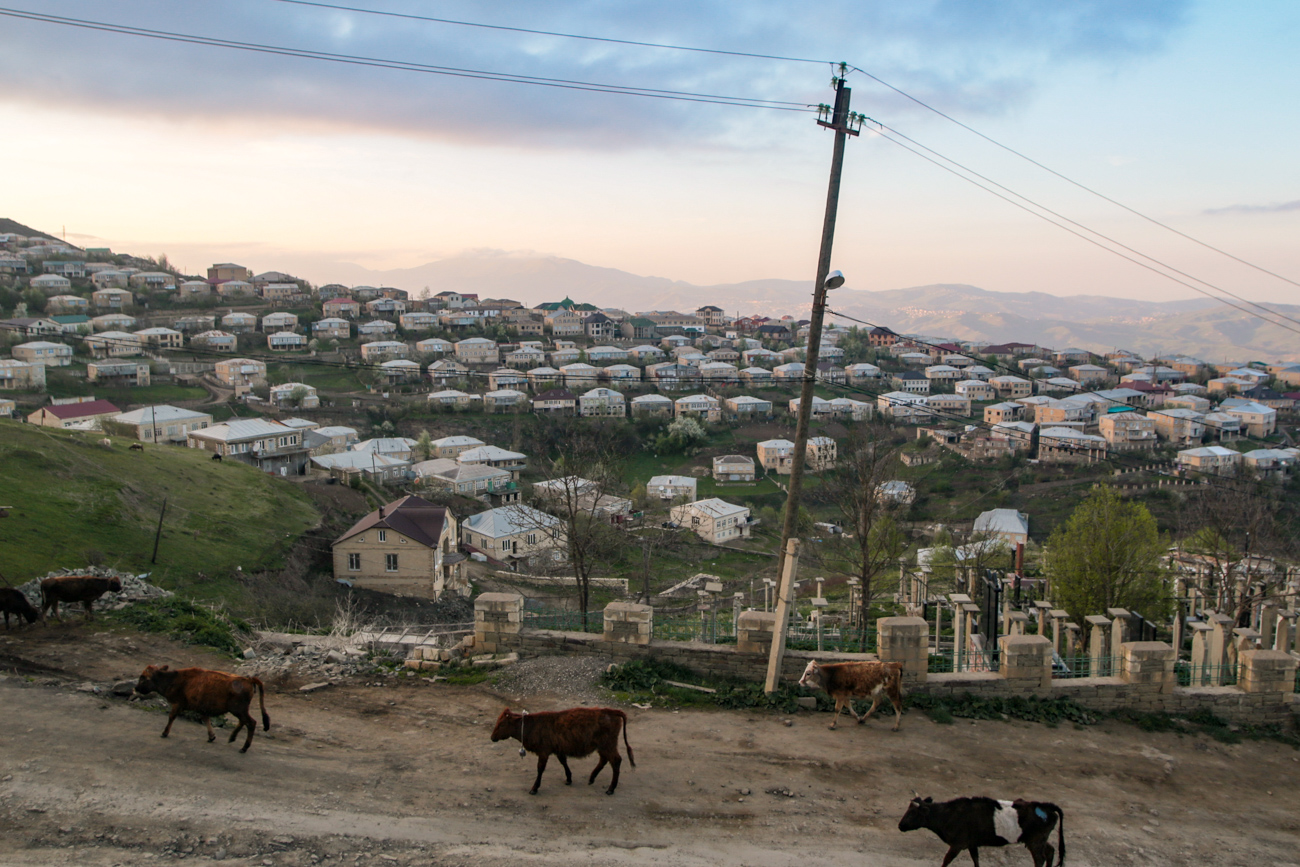
In 2016, 88.9 percent of voters in Dagestan supported the United Russia party during the State Duma (lower house of parliament) elections. This is one of the highest percentages recorded in the Russian regions.
Yevgeny KurskovSubscribe
to our newsletter!
Get the week's best stories straight to your inbox